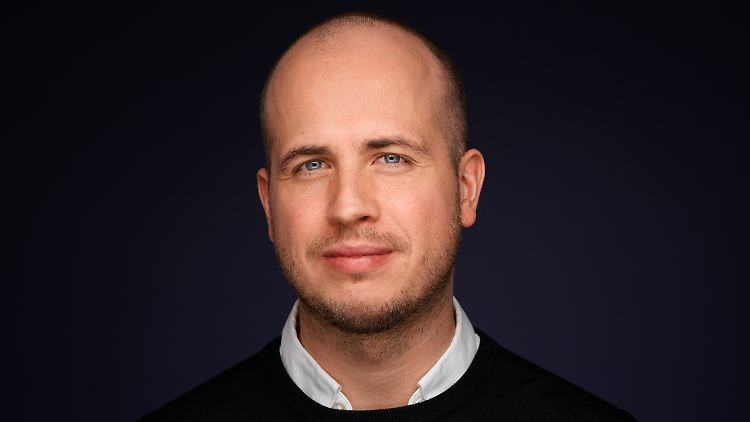Tibber Germany boss Lauenburg
Smart meters are “absolutely central to the success of the energy transition”
November 8th, 2023, 4:05 p.m
Listen to article
This audio version was artificially generated. More info | Send feedback
The Norwegian company Tibber offers electricity tariffs based on the exchange electricity price. The prerequisite for this is an electricity meter that can do more than just display consumption. But in this country, less than one percent of households have a smart meter.
The Norwegian company Tibber offers electricity tariffs that refer to the exchange electricity price. However, the prerequisite for this is a smart meter, i.e. an electricity meter that can do more than just display consumption. But while coverage in Scandinavia or Spain is 100 percent, less than one percent of households in this country have a smart meter. Tibber Germany boss Merlin Lauenburg therefore considers the smart meter rollout to be “absolutely central to the success of our energy transition,” as he emphasizes in “So techt Deutschland”.
Tibber does not generate its revenue by selling kilowatt hours, but rather through a basic monthly fee. “We don’t earn any money per kilowatt hour of electricity. That’s a conflict of interest,” explains Lauenburg. Tibber’s philosophy is to reduce electricity consumption and at the same time promote the energy transition. Through dynamic electricity tariffs and the integration of smart products into its own app, the company wants to encourage consumers to intelligently manage their electricity consumption and save money.
For Lauenburg, a “strong Federal Network Agency” plays a central role in the expansion. “But there is no clear monetary incentive for network operators to install a smart meter,” says the Tibber manager. But there is also a fundamental need for information in order not to unsettle customers. In the future, every provider with more than 100,000 customers will have to offer a flexible electricity tariff.
Merlin Lauenburg explains in the new episode of “So techt Deutschland” why his Scandinavian colleagues keep “clapping their hands together.”
In “So techt Deutschland” the ntv presenters Frauke Holzmeier and Andreas Laukat ask founders, investors, politicians and entrepreneurs about the state of Germany as a technology location.
You can find all episodes in the ntv app RTL+, Amazon Music, Apple Podcasts, Spotify and in the RSS feed.
